I remember quite well when I applied for a job at SAP.
At the time, the company had a very special reputation in Germany, similar to that of Google, Facebook, or Microsoft in the US.
If you want a job with one of these companies, you'd better be an absolute top performer. Or at least that's what I thought.
I was worried and concerned that I wasn't good enough for the role. I eventually got it, and, funny enough, after a couple of months at SAP, I realised that most people there are absolutely normal. No wizards, no magicians.
It disenchanted the company for me, but whenever I mentioned that I now work for SAP, other people I spoke to thought I was some sort of genius.
I had stepped into an inner circle.
A circle that warps our sense of competence.
Circles all the way down?
I follow these highly successful people, and I see them doing incredibly well. Pieter Levels is one of them, churning out successful AI apps, building a huge following and making six figures a month.
When I see his posts, I think I'm so far behind that I won't even be able to catch up with all this AI stuff.
It initially demotivates me, but then, when I talk to people outside of my circle, I realise that I am ahead of most people.
The concept of these circles is universal: you’re always looking in at people ahead of you and looking out to those behind. Recognising this dynamic can be eye-opening.
What describes it best is an infinite number of concentric circles.
(source)
The further you zoom in, the more it feels like stepping into a prestigious group of people— the literal inner circle.
The further you zoom out, the more it feels like stepping outside of your group and realising that you do know more than most people outside.
It's bubbles or circles all the way down— and up.
(source)
These circles are, of course, not one-dimensional. There are an endless number of parallel circles. Circles around solo founders, circles around home baristas or personal finance experts.
Looking In.
You'll always be in some circle, and there will always be a next circle you want to get into.
When I joined SAP, I joined that circle. Regardless of how it looked on the outside, inside, it was a group of colleagues at my same level, working on similar tasks.
However, there was another circle, with higher-earning principal consultants, senior managers, and architects.
(source)
You keep comparing yourself to these people who are a lot better, and you won't feel great about yourself. It often makes you feel worse than you are.
When I joined Forgd as a consultant, I knew I was good at tokenomics, but I was only a hobby developer who liked building prototypes. After some time at the company, I quickly realised that the engineering team, just like everyone else, was putting their pants on one leg at a time. There was nothing special about them; in fact, I was able to add quite a lot of value.
It still stays a daunting experience looking at an inner circle, even if you've had many cases where, after some time, the magic of what is inside that next circle disappeared.
People inside always look extremely advanced. Then, when you finally manage to get in, you see that they're not so different; they're just people like you.
The Train Has Left The Station
If the inner circle appears extremely advanced, it can create a sense of being too late. Too late to invest in Bitcoin, too late to start working on something you like, too late to become an architect.
When I got interested in Tokenomics, I thought the same. Everyone seemed way more advanced, but after I published a few articles with my thoughts, they resonated with a large audience. That showed me that even though it looked like the train had left the station, it hadn't. There was still plenty of value to be created.
The barrier to that next circle is ultimately only a perceived one. Everyone struggles with something, and everyone is overwhelmed by information. They might have their own circles they are looking to get into.
What helps most in this case is zooming out.
Looking Out.
The reality check when feeling ill-prepared for that next circle? Look outside of your current circle.
Most people outside will already think you are an expert.
I've recently become interested in the impact of AI on the service industry, so I've been in touch with some old friends and colleagues to learn more. Many of them, even those working for tech companies like SAP, still only use ChatGPT for writing emails and a limited amount of coding, nothing else. They haven't even heard of Cursor, Windsurf, Replit, or Bolt.new, the AI code editors that power much of this recent surge in software development.
For me, who thinks I'm behind, and the train has left the station, this is a great reality check. If all of these smart people don't even use AI yet, then we must be super early, and in this particular field, I must be much deeper into the topic than they are.
(source)
For this reality check from my friends, I'm looking outside of my circle and seeing that I might not be that far behind, I might know a thing or two about what I've been working on.
I might actually be part of the top x% of this particular area. That can make the next circle inside a lot less scary.
Stepping Into The Next Circle
Sometimes in life, an opportunity presents itself—an opportunity to advance to the next circle.
You won't be completely ready for it; if you were ready, you'd already be in that circle. You'll have to jump into the deep end and figure it out.
In my early years at SAP, I was looking at the next circle, in this case, architects—the people who plan how software components work together to build a solution.
At some point, I had the opportunity to be the architect for a project. I wasn't ready. There wasn't anyone mentoring or advising me; it was a 'do it, work really hard, and figure it out' kind of situation, so I raised my hand.
These situations are a trial by fire. It's the time in your life when you learn what you'd otherwise learn in years, within a couple of weeks or months. Just because you are literally on fire, it's a high-stress situation, and you have to work very hard to get through it.
If you get a good chance, take it!
What to make of this?
The concept of a bubble bias suggests that people may fail to fully consider their current situation.
The bias might lead to a prejudice that things are not what they seem.
Looking in can be intimidating, but remember that everyone puts their pants on one leg at a time.
Looking out can help change the perspective on your current situation. Likely, things won't be as bad as they seem.
Next time you look at the super successful people on Twitter, think about what you have achieved and know that when compared to a group of people outside of the circle, you may already be among the top 2% in the space compared to the rest of the world.
It's also eye-opening in that it shows you how much opportunity still exists, and while the first train might have left the station, new trains are arriving.
My advice? Stay humble as to what you might not know. Be proud and look back at how far you've come.
(Did I just rediscover the Impostor Syndrome here?)




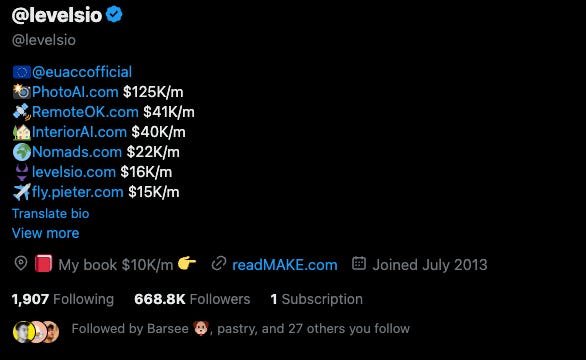
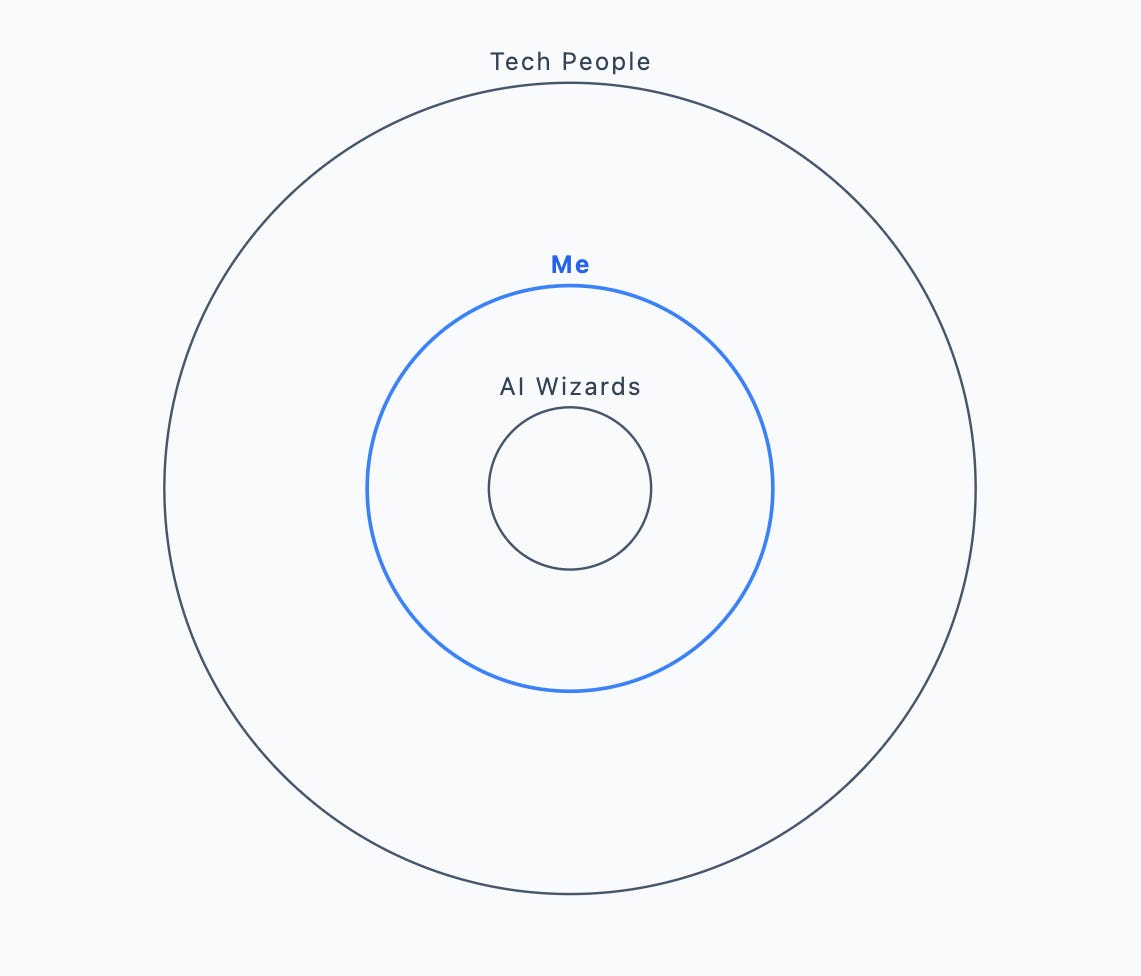
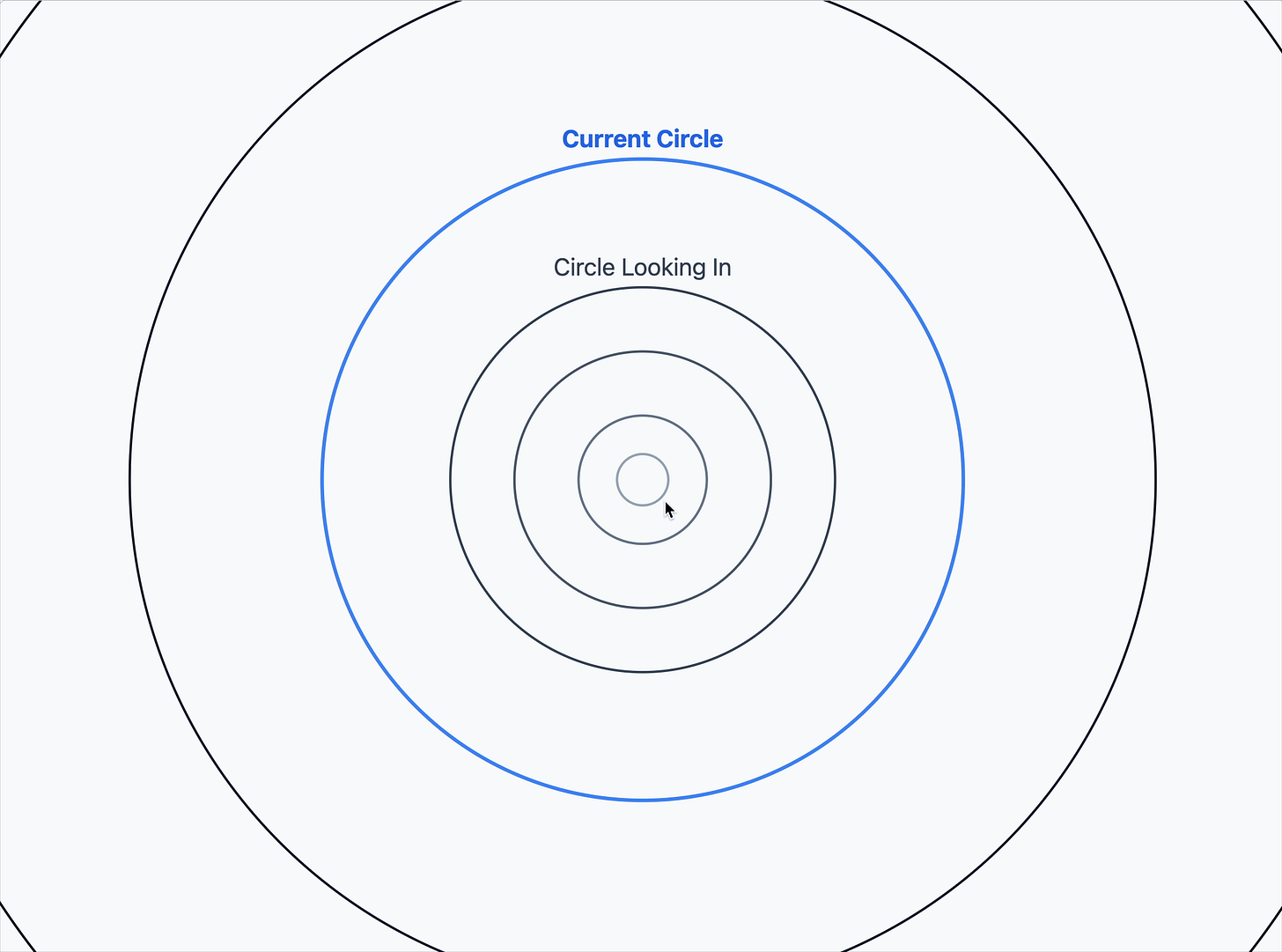
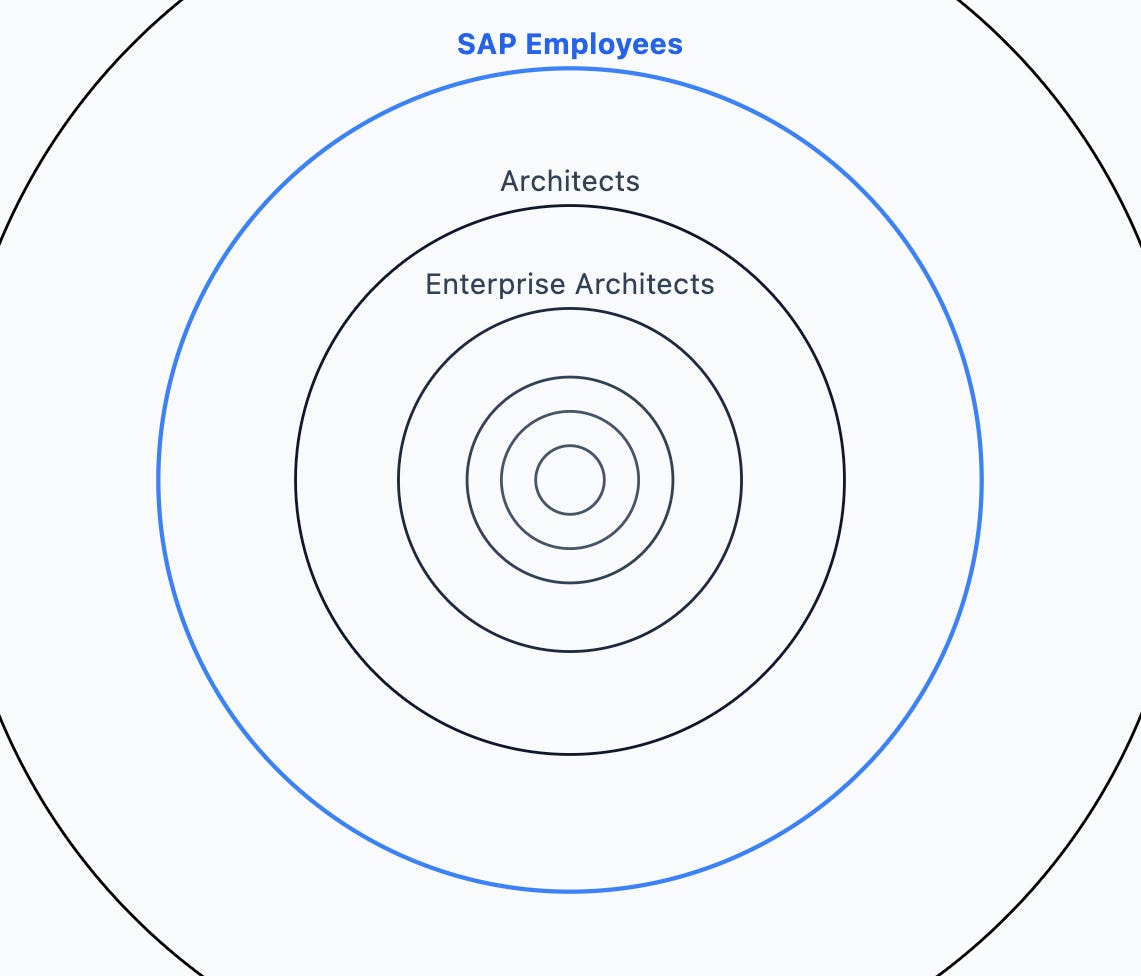
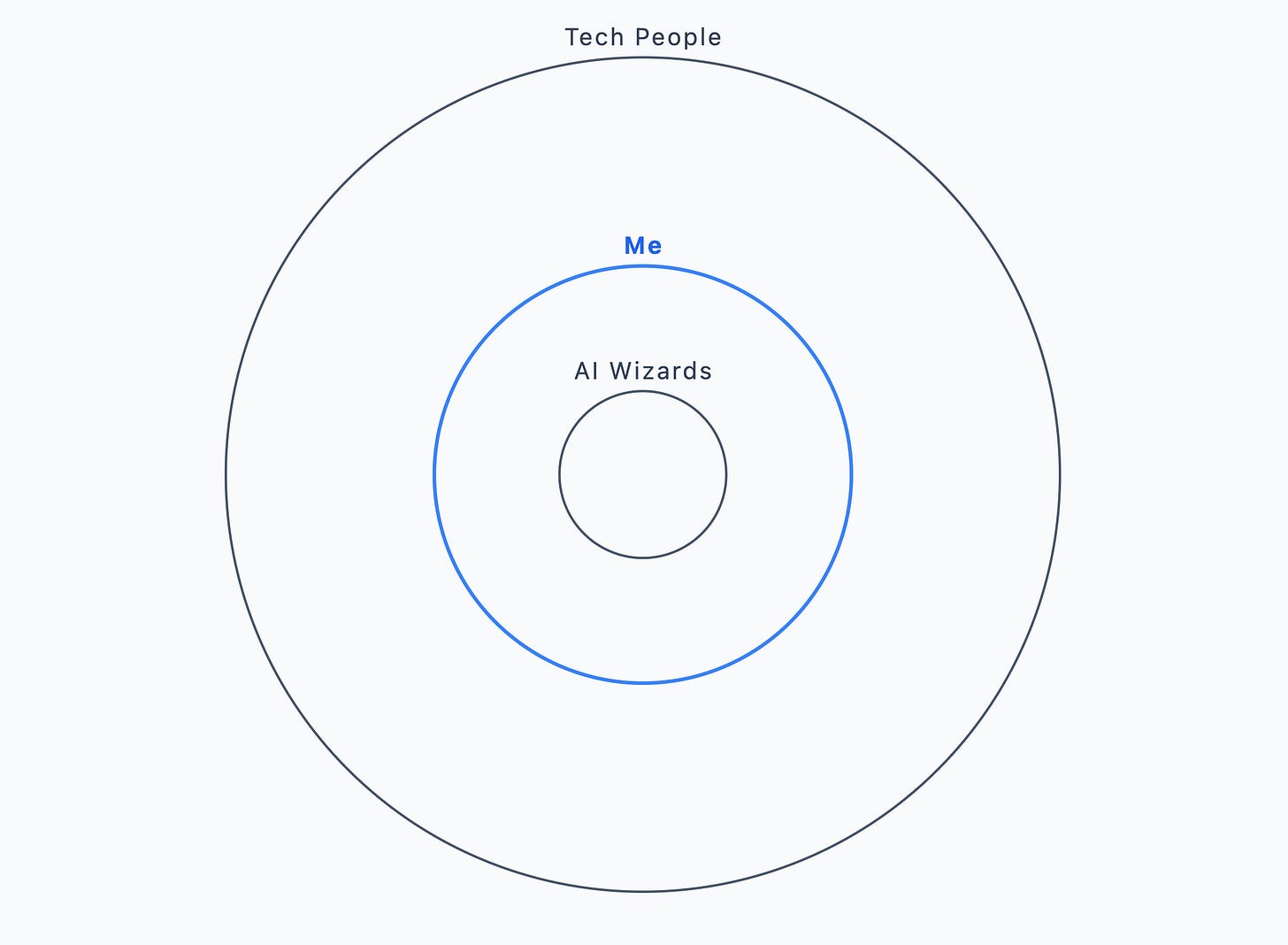

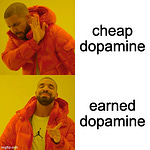
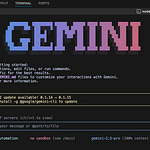



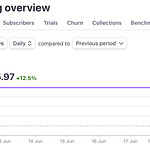

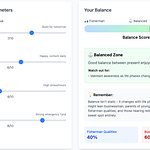
Share this post